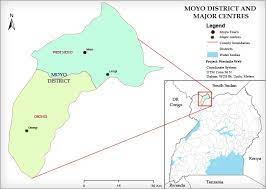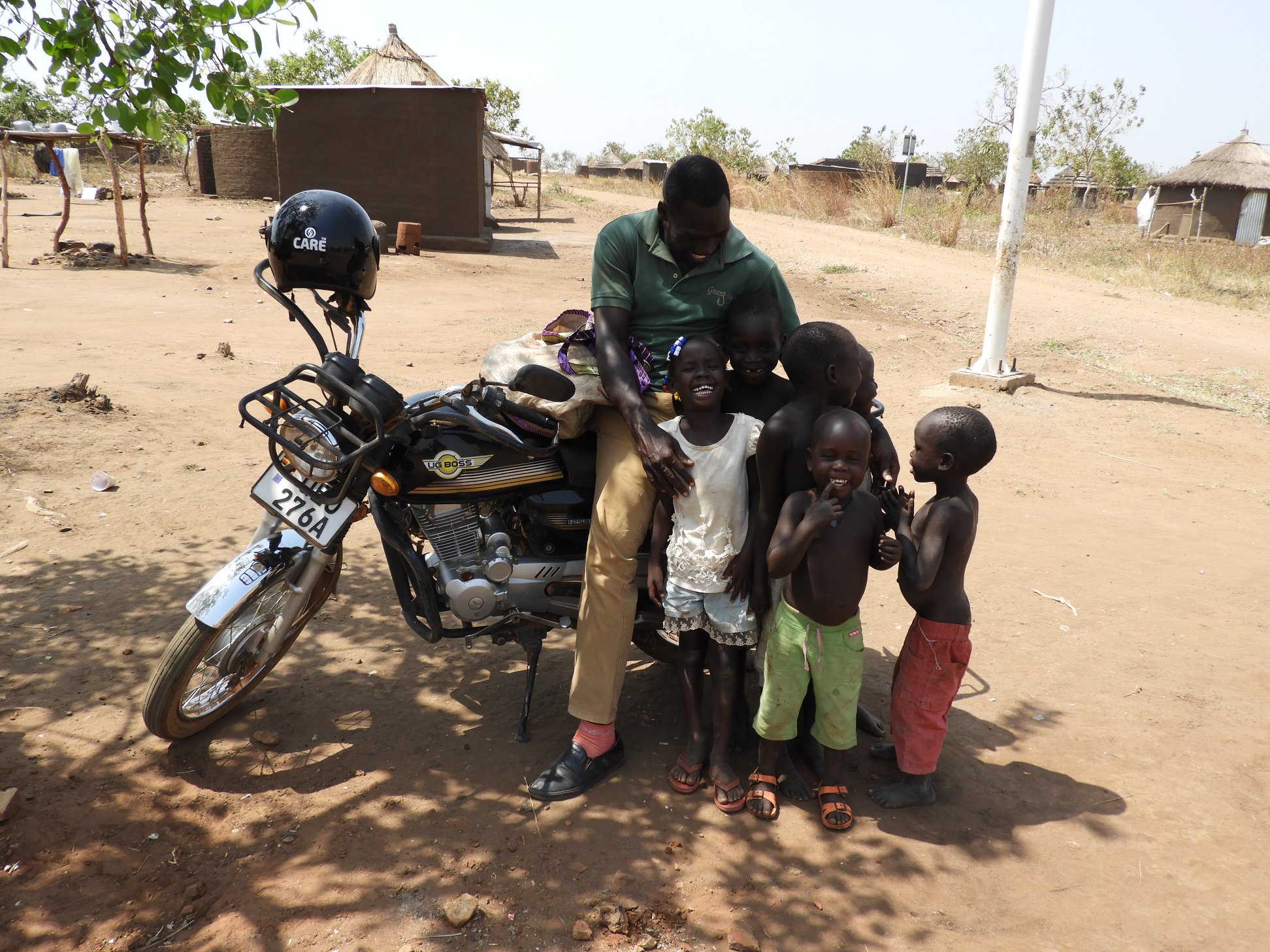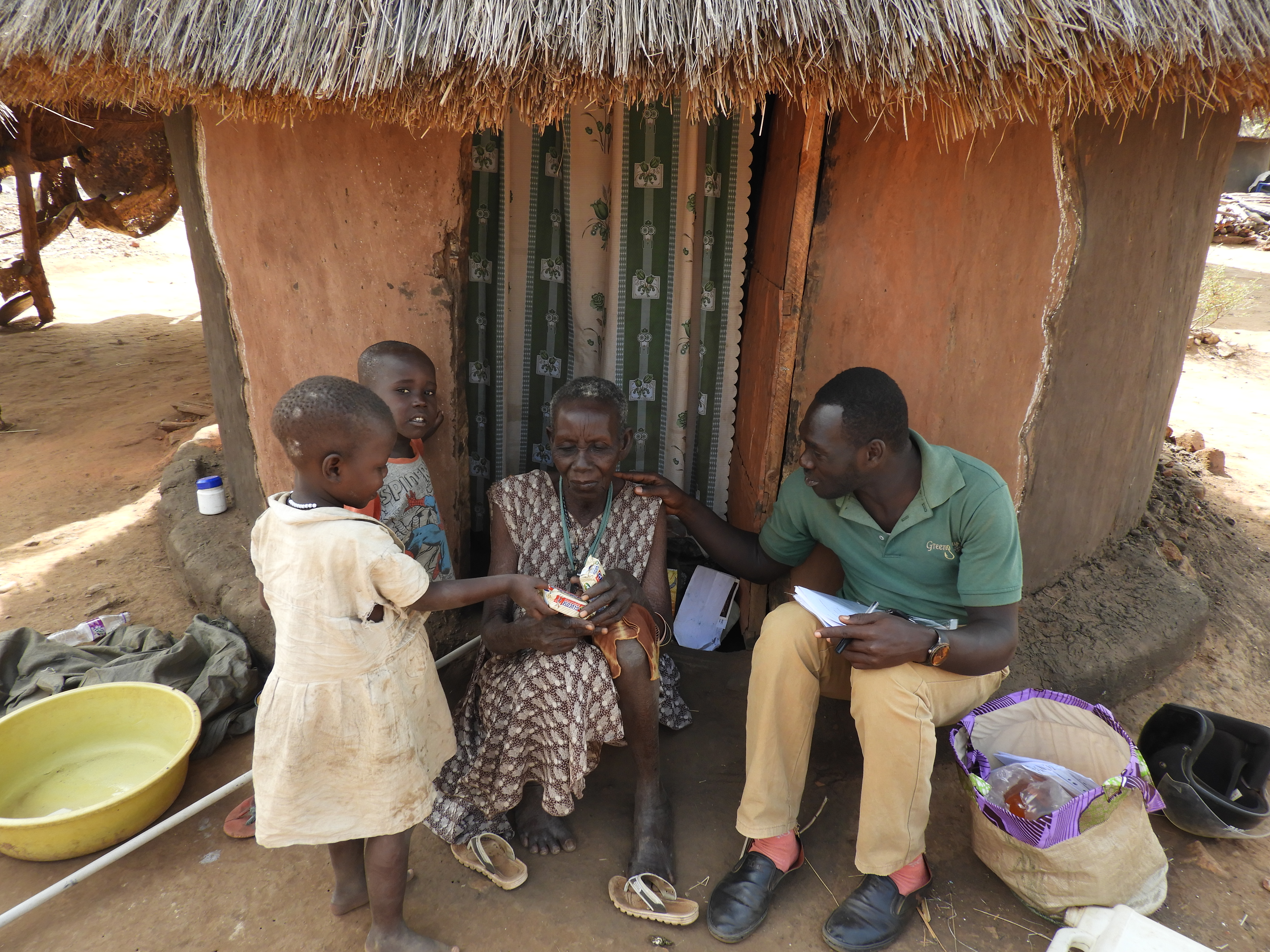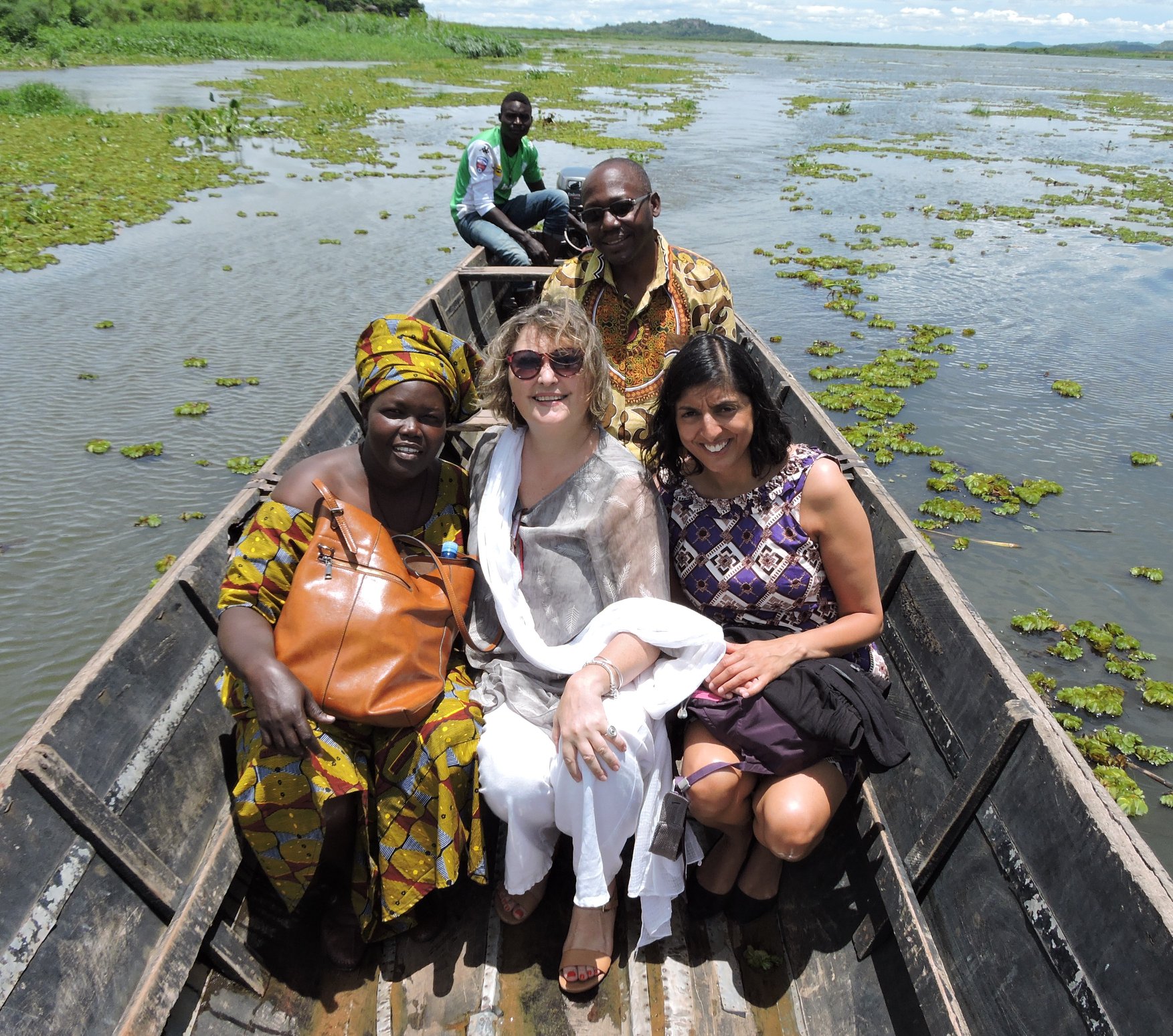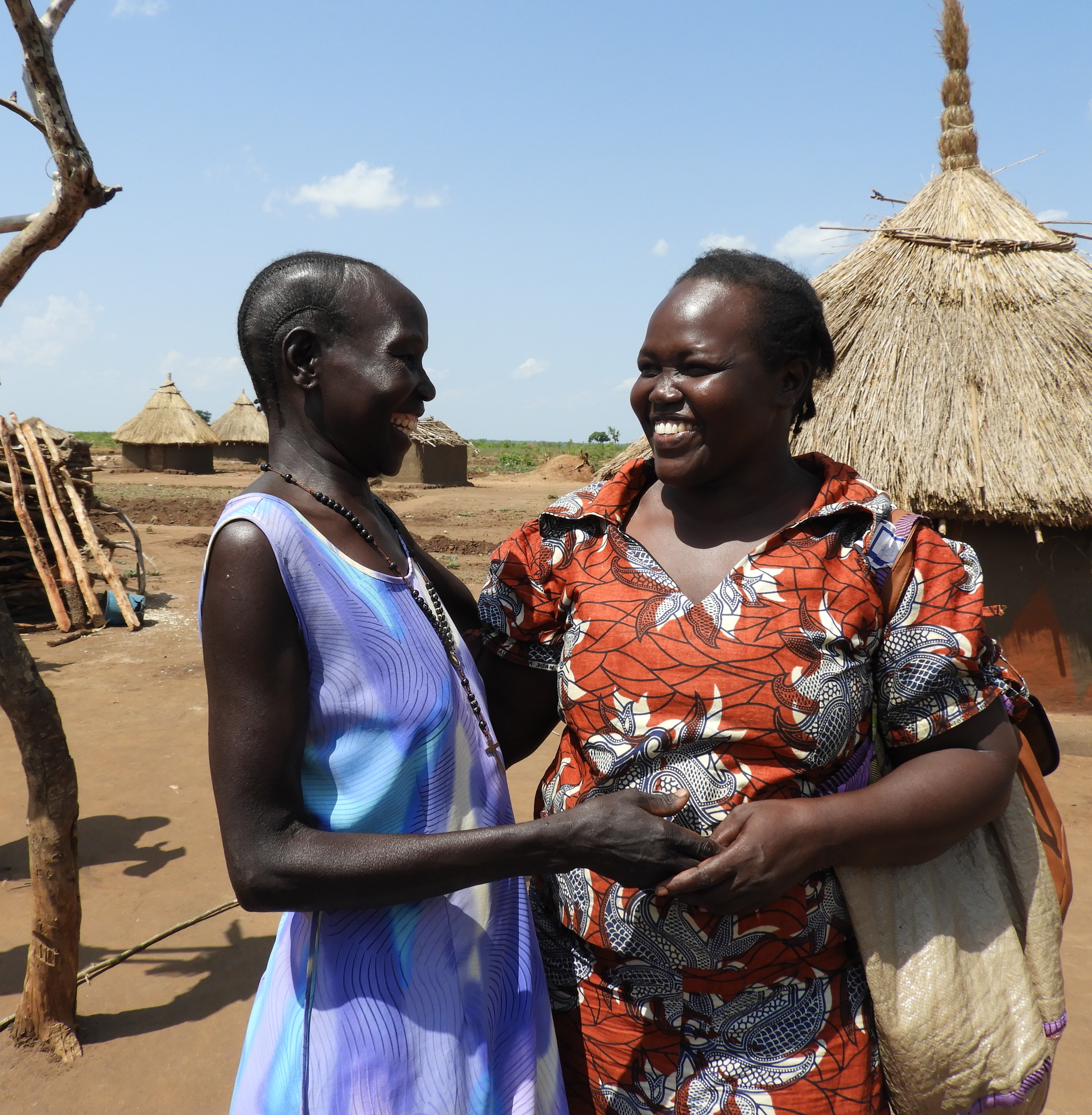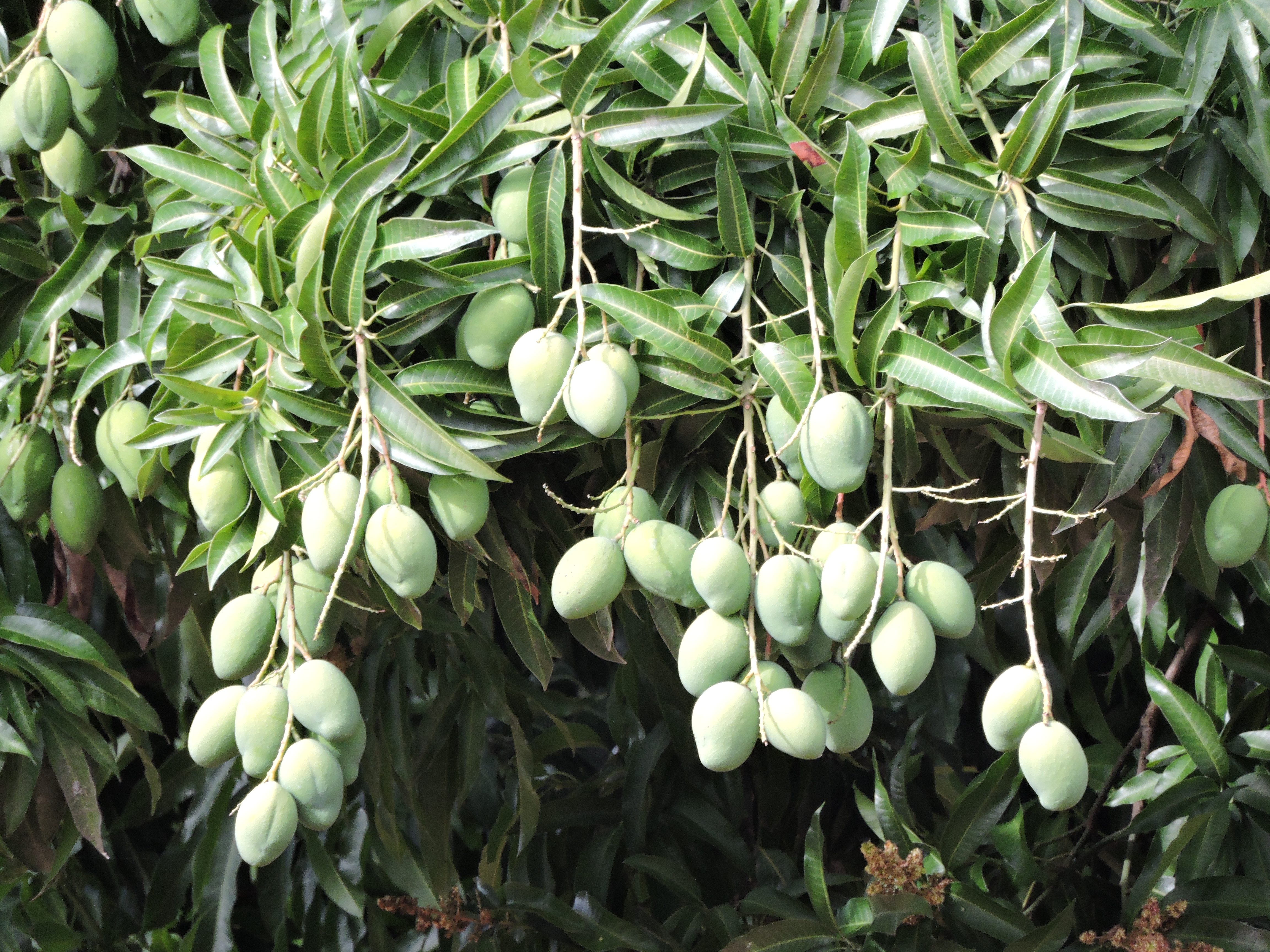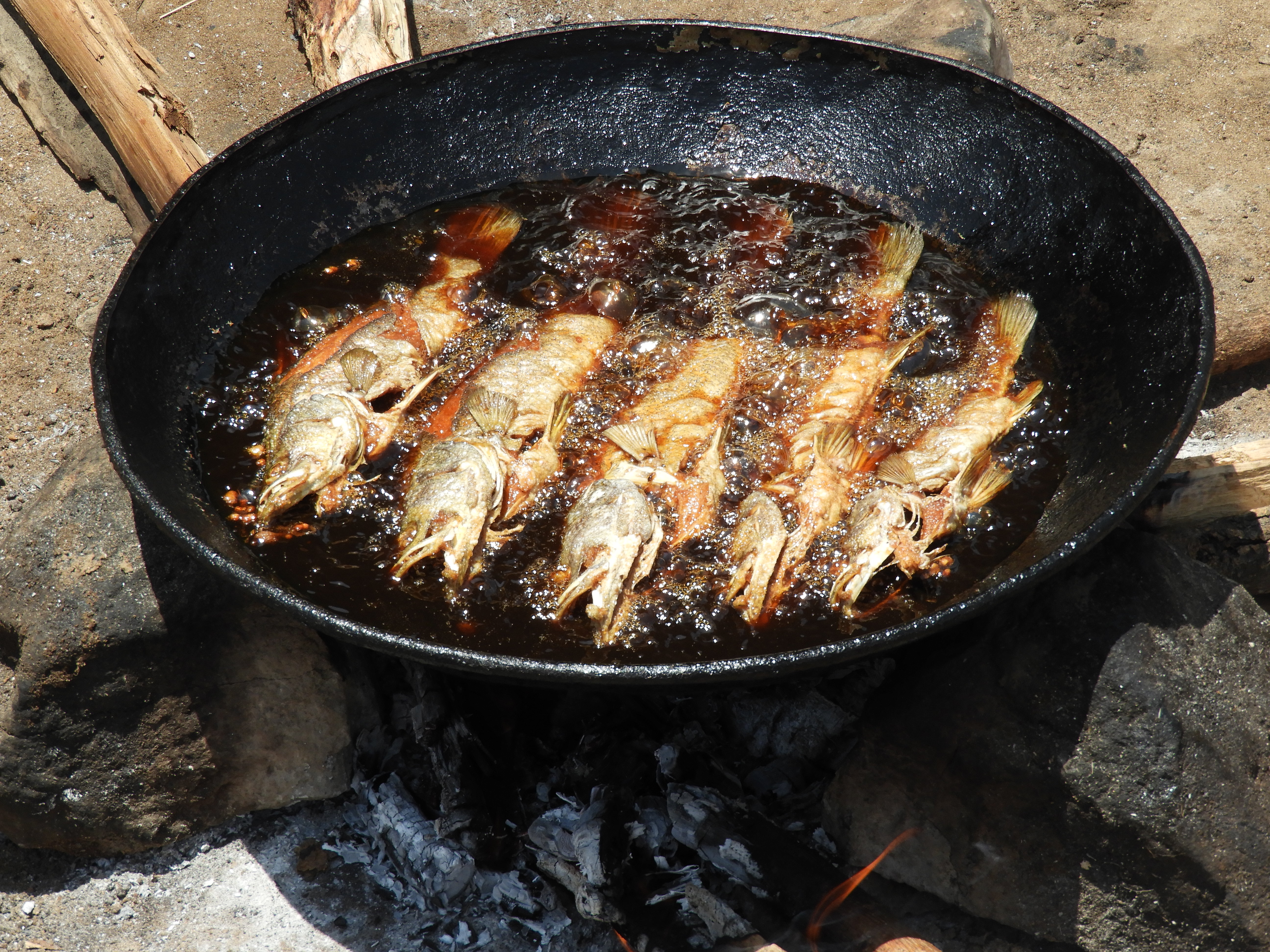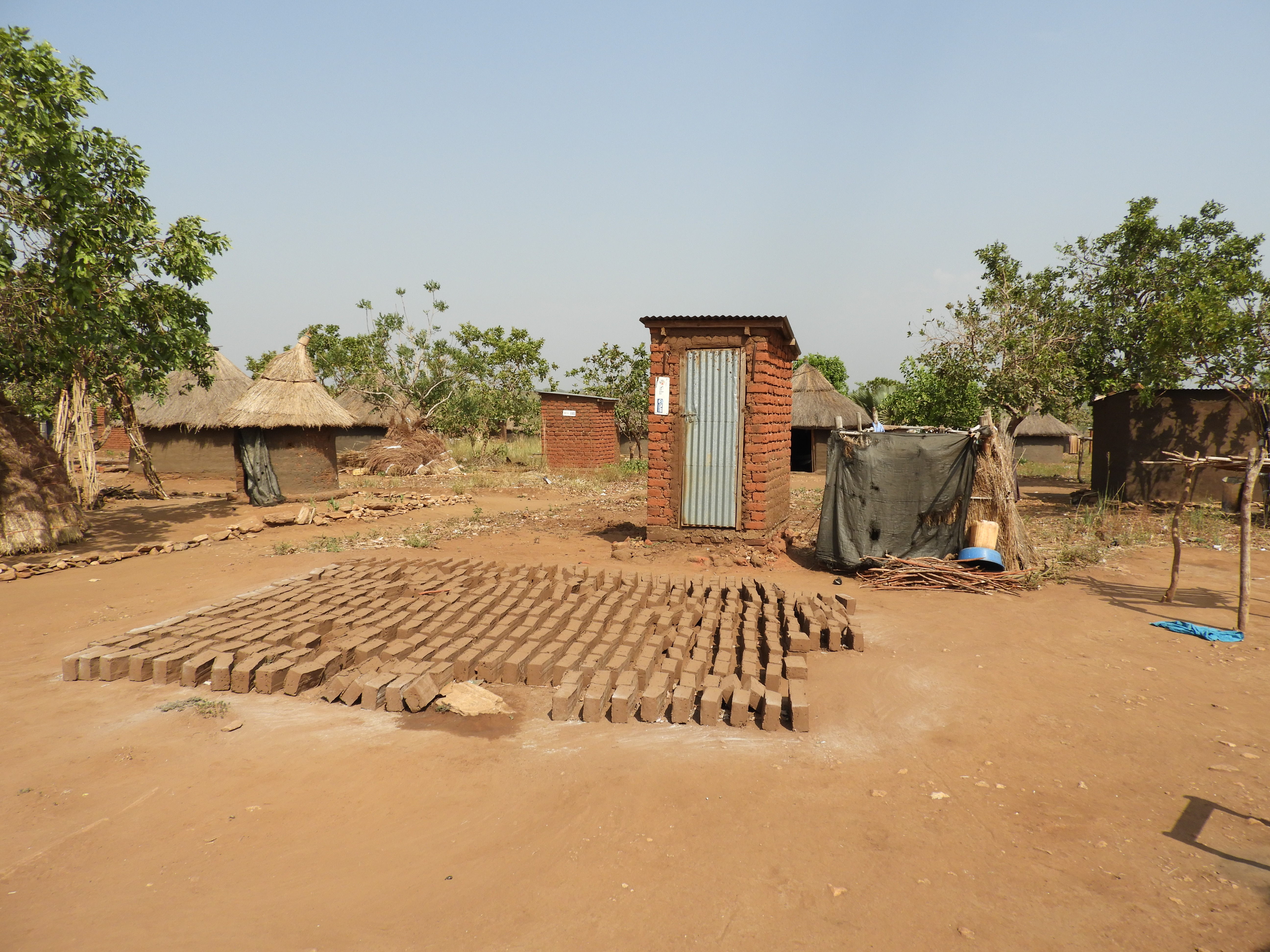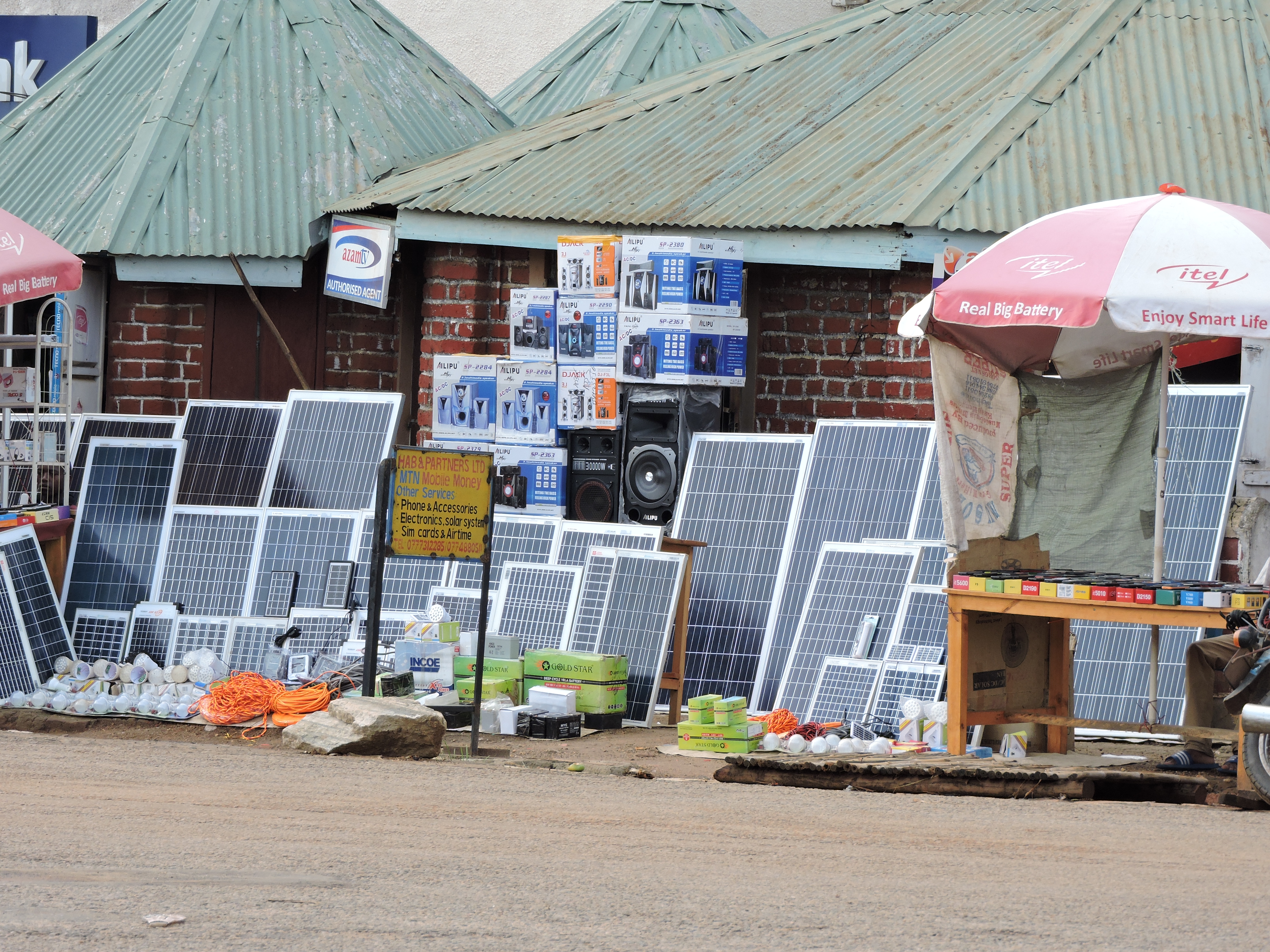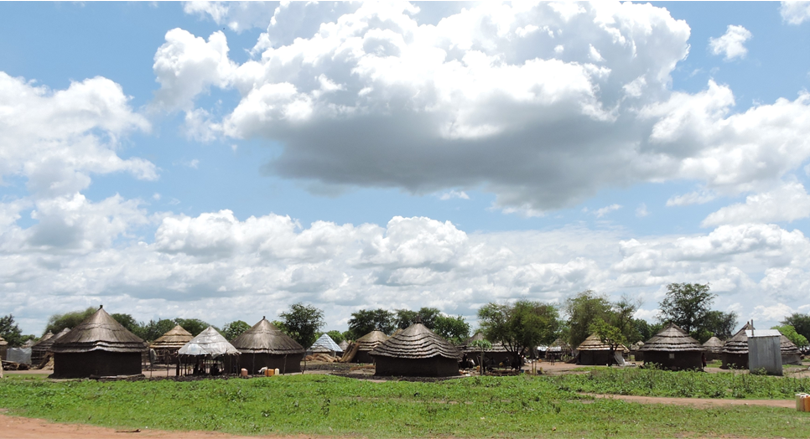
Blog » Transform Obongi and Adjumani; supported by UKAID
We were delighted to be awarded one of the UK government #smallcharitieschallengefund grants in February and are busy working with our partners, Peace Hospice Adjumani and the Palliative care Education and Research Consortium in Uganda to get the maximum benefit for the people of Obongi district. Our grant official title is 'Empowering communities and health systems to address health related suffering in host and humanitarian settings through capacity building and integration’ and will focus on understanding the experience of those living with health-related suffering and working with community and health leaders to build capacity and improve care. We are building on a previous work with the same partners alongside the Ministry of Health which focussed on Adjumani District only.
Uk Minister for Africa James Duddridge said: “I am delighted that Cairdeas is using the UK Government’s Small Charities Challenge Fund to be a force for good in the world by helping some of the world’s most vulnerable people. “We are committed to supporting Uganda’s ongoing development, while providing urgent, life-saving humanitarian support to refugees and those in the greatest need in the country.”
Obongi and Adjumani are both districts in the North of Uganda bordering the river Nile. They are close to the South Sudan border, a country that has seen decades of conflict before gaining independence from Sudan in 2011 and then a grinding and brutal civil war. Refugees have fled and many have found a welcome in Uganda, one of the countries with the highest levels of refugee and migrant populations. This has not just been a government policy of welcome but has also been reflected in the local population of the neighbouring areas...which also include the Democratic of Congo where repeated conflict drives refugee numbers. There is much to learn about how refugee as seen as brothers to these rural, poor populations that are rich in humanity and where there is 1 refugee to every 2 host population in overall numbers yet little conflict.
Over the next 2 years we will share experiences of working together and some of the people we meet and places we visit. Let me take you on a virtual visit to whet your appetite....drive with me many km from Kampala to the town of Gulu and then turn onto mostly dusty murram road till we reach the town of Adjumani and the warm welcome from our lead partner and friend Vicky Opia and her husband Solomon. We still have further to travel including crossing the mighty White Nile river to get to the district of Obongi. Already we have journeyed for 7 hours or so and it’s time to rest and eat amazing yams, fish from the lake, mangoes from the garden, sweet sim sim balls or whatever delights Vicky has prepared for us.... all to the accompaniment of Solomon’s choice of Congolese music.
Peace Hospice and the local Ministry of Health hospitals and clinics as well as the additional capacity for refugees supported by UNHCR and Medical Teams International have responded to the increased need. The one District Hospital in Adjumani which was without even basic x-ray and ultrasound is now better equipped and other smaller clinics are being developed into hospitals. The palliative care teams here started responding in a ground-up way to the needs. They took to their available transport...motorbikes...and travelled deep into the countryside faces tightly wrapped against the dust. They worked to find those in need and either bring them to the hospital or offer support at home. Peace Hospice was the only team doing home care and Vicky is the District lead for palliative care within the Ministry of Health and the Refugee joint health sector meetings. We have previously supported her to train health care workers in the hospitals and health clinics across Adjumani district. Our projects have all grown out of this amazing work on the ground and work closely with the community and health leaders. There is good news that the previous DHO for Adjumani is now an MP in Obongi. Dr...will bring his wisdom to his new role I am sure but he is also very aware of the need for palliative care. He was pleased we showed the level of need in our last piece of work and keen we extend this to the host population so we will eb carrying out another piece of research to identify people living with chronic illness at village level and find out the extent of their need. This time we will be delving deeper into their experience of distress since so many are suffering the effects of chronic trauma.
Key to any community change is local initiatives and leadership. We will be training family members and village health teams but also listening to them and finding out the realities of their situation and the ways they have found to address their needs. This ground up approach is crucial and ensure we will all be learning. WE will be using interviews, photographs, mentoring and home visits as we seek to understand more deeply and help design training and research to build capacity and improve the care. This work will have relevance far beyond this setting.
What reception will we get? I have experienced the warm, openhearted nature of so many despite the many challenges of daily life. Problem solving and imaginative use of scarce resources is a way of life. The Governmental and non-governmental organisations do realise the problem of chronic illness and are seeking to meet the needs but lack evidence for planning, needs more trained workers and also want guidelines and processes. The latter links with national work between the MOH and the Palliative Care Association of Uganda to develop a national roll out of information systems and palliative care services. We will be seeing how the health system is managing thus far.
Palliative care in humanitarian settings is increasingly being recognised as woefully inadequate and requires cross sectoral working and crucially ground up approaches. PallCHASE is a global network seeking to raise awareness and develop support systems for improving access to quality palliative care in humanitarian settings and I am delighted to be serving on their executive. I know the work from the Transform Obongi and Adjumani will help shape and inform global initiatives. Please look out for the first in a new series of webinars from PallCHASE to be announced soon.
Lastly, let me share the words of the nursing officer at Adjumani hospital. She was honest that she was unaware of the scope of palliative care and left it to Vicky. However, after seeing her staff trained and hearing from families about the impact, she changed her mind completely. She said '‘Someone needs to speak for the voiceless. When help comes, people change. It is like losing hope — then hope appears suddenly like the sun.’
Bringing hope, bringing joy and always learning more about our common humanity.
